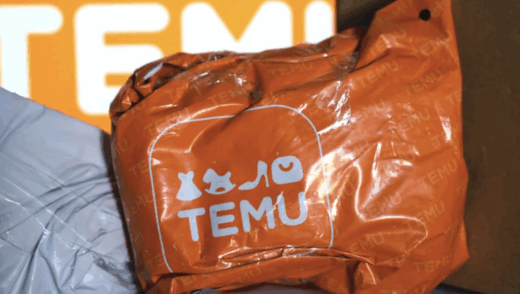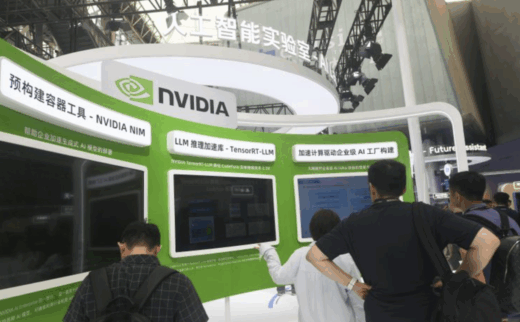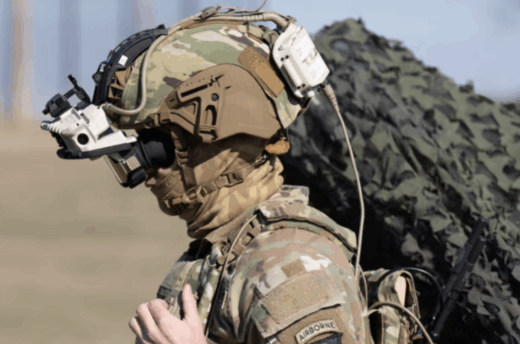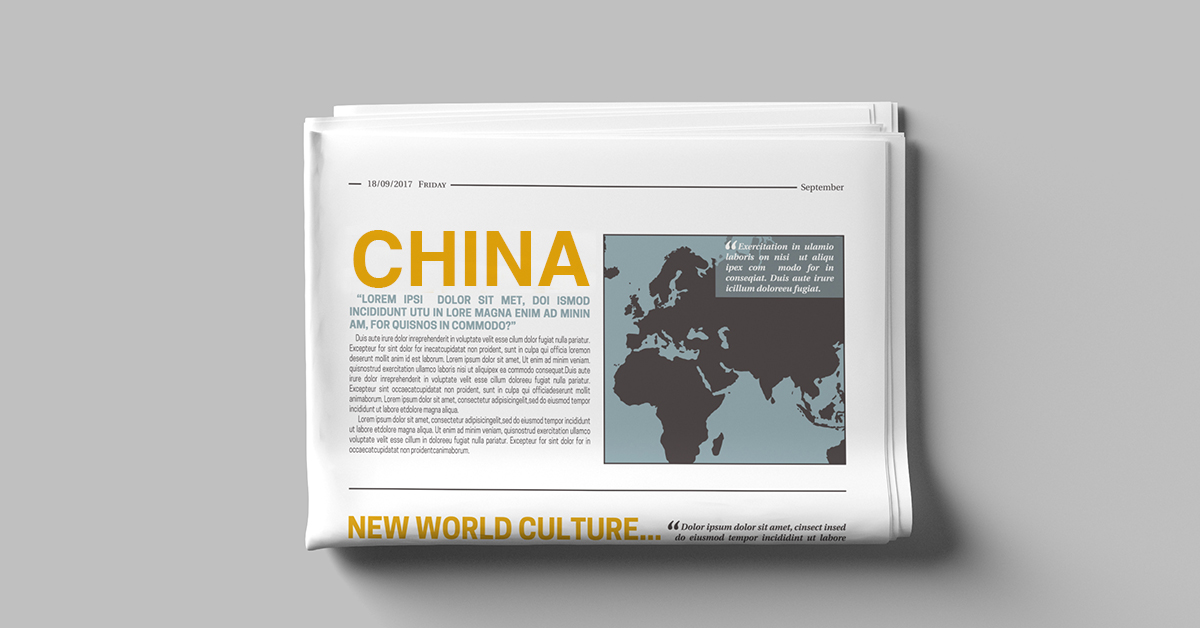Temu Parent PDD’s Profits Plunge Amid Tariffs and Price Wars
PDD Holdings, the Chinese e-commerce powerhouse behind Temu and Pinduoduo, reported a 47% drop in Q1 earnings, sending its shares plummeting 18% on Wall Street. Analysts cite weakening sales, persistent discounting strategies, and U.S. trade pressures—especially under Trump-era tariff policies—as key profitability threats. Despite the downturn, PDD plans to invest ¥100 billion (US$13.9B) to support merchants and users. While this may hurt short-term profits, analysts from Morgan Stanley believe it could secure long-term dominance in China’s e-commerce market.

DeepSeek Strikes Back: Upgraded R1 AI Model Rivals OpenAI and Google
Chinese AI start-up DeepSeek has unveiled R1-0528, a major upgrade to its R1 reasoning model, claiming it now rivals leading systems from OpenAI and Google. The enhanced model shows improved performance in creative writing, logic, and coding, while cutting hallucinations—AI-generated inaccuracies—by 50%. Achieved through intensified post-training refinements, the update boosts content accuracy and safety.

ASML Stumbles Amid China Export Curbs—but Analysts Still See a Comeback
Semiconductor giant ASML has lost over $130 billion in value since July 2023 due to mounting U.S. export restrictions to China and tariff uncertainties, shrinking its market cap from $429.5B to under $297B. Known for its monopoly on advanced EUV chipmaking machines, ASML has been barred from selling its most cutting-edge tech to China, curbing major sales potential. With support from tech giants like Intel and Samsung, and a target price suggesting 17% upside, ASML could rebound—especially if U.S.-Europe trade deals ease market pressure.

Nvidia Faces $13B Blow as U.S. Chip Ban Hits China AI Sales
Nvidia reported a $4.5 billion Q1 charge and $2.5 billion in lost sales due to U.S. licensing restrictions on its H20 AI chips to China, with another $8 billion hit expected in Q2. CEO Jensen Huang warned the $50B Chinese AI market is now “effectively closed,” ending Nvidia’s Hopper data center business there. Despite the Biden administration dropping proposed export rules, Trump-era restrictions continue to bite. Huang criticized U.S. policies for weakening American influence in AI globally, arguing that locking Nvidia out of China only boosts domestic Chinese chipmakers and risks ceding global leadership in AI infrastructure to competitors.

Meta and Anduril Build ‘Eagle Eye’: Sci-Fi Helmet for the Modern Battlefield
Meta Platforms is teaming up with defense contractor Anduril Industries to create advanced military tech, including a futuristic AI-powered helmet with XR (extended reality) features. Dubbed “Eagle Eye,” the helmet aims to enhance soldiers’ situational awareness and control of autonomous systems using virtual and augmented reality. Inspired by video games like Call of Duty and Halo, these once-fictional devices are now nearing real-world deployment, signaling a significant leap in battlefield technology and the militarization of consumer-grade XR innovations.

Crypto Investor Indicted for Brutal Kidnapping in Soho Over Bitcoin Password
John Woeltz, a 37-year-old cryptocurrency investor, has been indicted for allegedly kidnapping a business associate in Manhattan’s Soho for three weeks to force him to surrender his Bitcoin password. Along with William Duplessie, 33, Woeltz is accused of shocking the victim with electric wires, beating him, and dangling him over a staircase. The victim, an Italian man with ties to a New York crypto hedge fund, eventually escaped. Prosecutors say the duo seized his passport and devices during the ordeal. Both men have been arrested and remain in custody.

The Looming Threat of Model Collapse
As AI models increasingly train on content generated by other AIs, experts warn of “model collapse”—a feedback loop that degrades model performance and threatens the industry’s future. Tech columnist Steven Vaughn-Nichols highlights how major players like OpenAI and Google use retrieval-augmented generation (RAG) to offset shrinking supplies of human-made data. But RAG systems often pull from a web polluted with low-quality AI content, leading to unsafe and inaccurate outputs. With no clear fix in sight, and the internet’s authenticity dwindling, the AI sector may be heading toward a self-inflicted downfall—one even the most bullish CEOs might soon be forced to confront.













